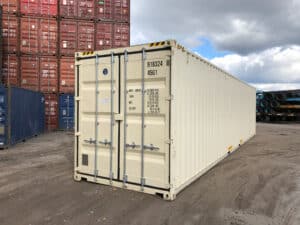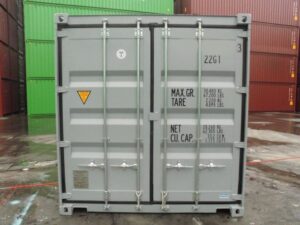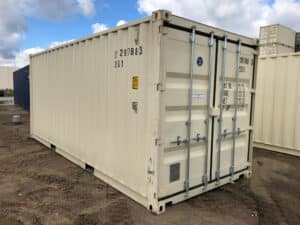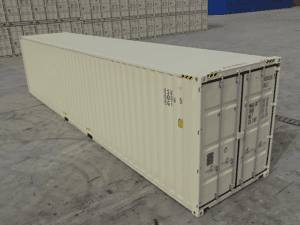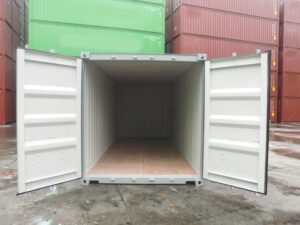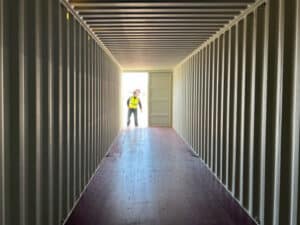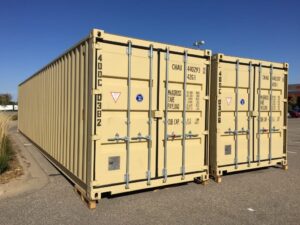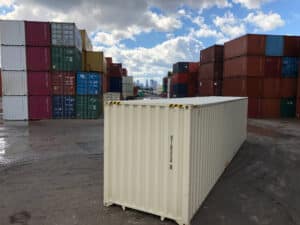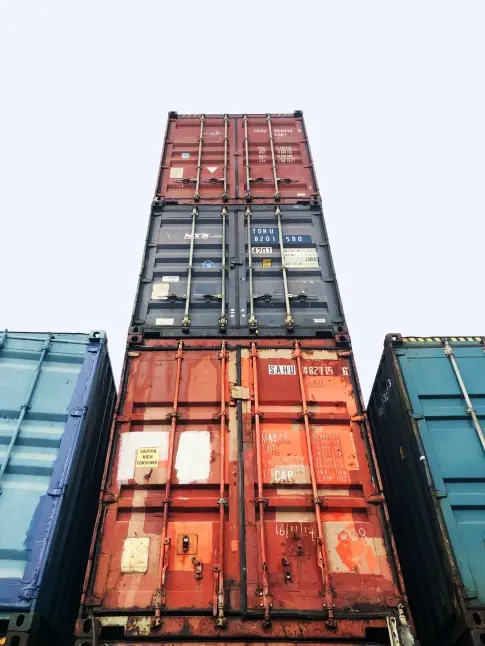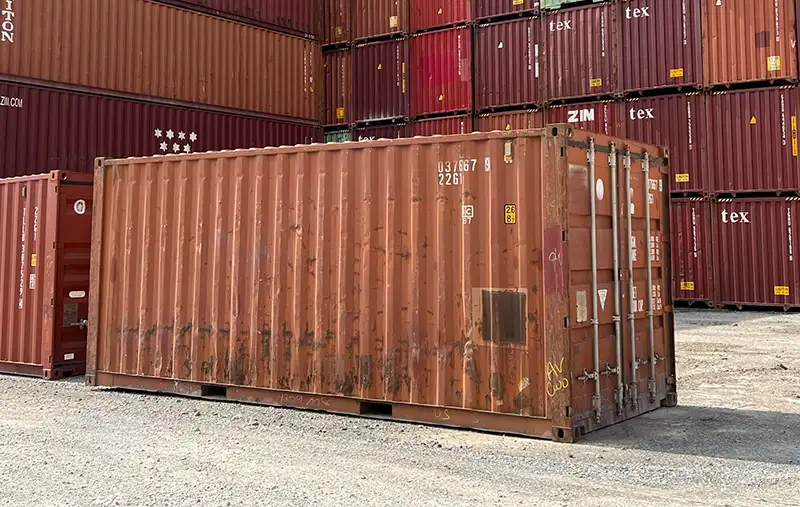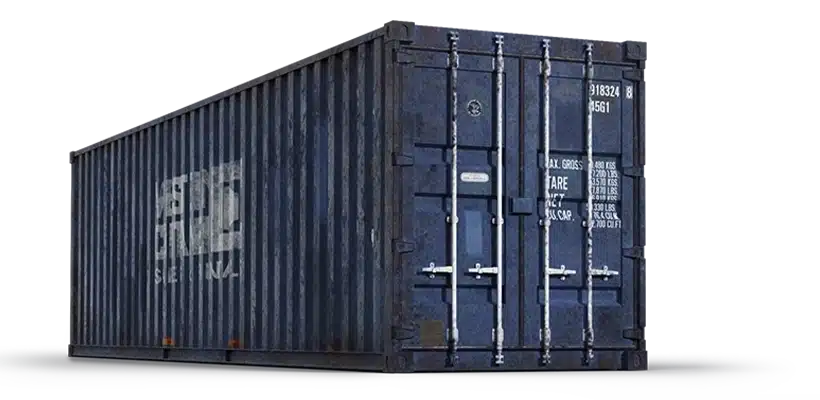Used Shipping Containers are Ugly.
We intentionally show our customers containers with cosmetic blemishes, surface rust, and dings/dents because your container might look like that. We want to set HONEST expectations as to potential cosmetic blemishes. We work directly with some of the largest intermodal companies in the world to guarantee our customers get high-quality used shipping containers, but those shipping companies care mainly about functionality.
Intermodal companies don’t care what a container looks like, they just care that the roof doesn’t leak, the floors can support 40,000-lbs of cargo and the doors seal properly. That’s why we can’t guarantee your container will be pretty, but also why every container we sell comes with our 3-Year Warranty (covering the structural integrity of the unit). A fresh coat of paint can also go a long way.
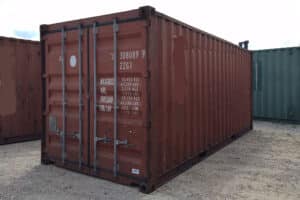
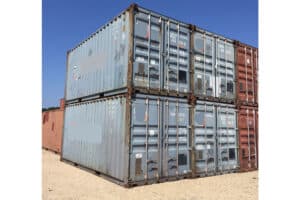
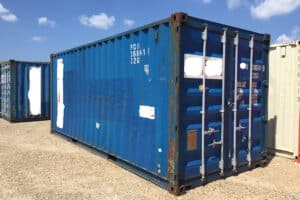
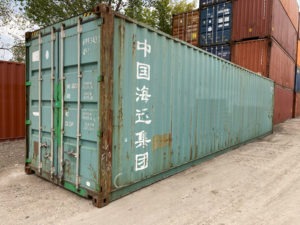
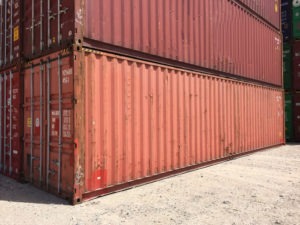
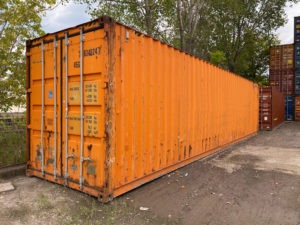
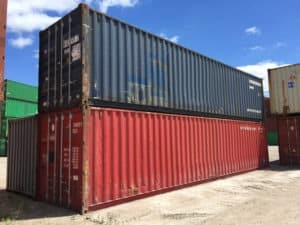
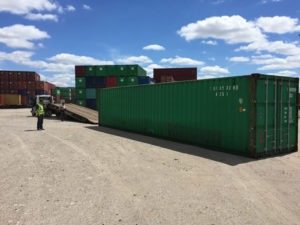
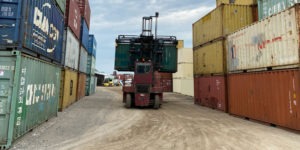
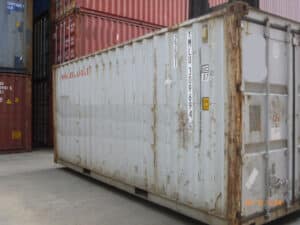
There are several categories of “used shipping containers” out there, but for the most part there are three that matter: CWO (cargo worthy), WWT (wind and water tight) and As Is (potentially damaged). We don’t offer “as is” units, and strongly encourage customers without their own welding equipment to avoid “as is” containers.
The only real difference between a CWO and WWT container is whether or not it can pass a CSC Survey and be safely placed at the bottom of a stack of seven (7) loaded containers for shipment on a cargo ship. While CWO containers are likely to be newer than WWT containers, that’s not always the case. Both CWO and WWT are going to look fairly similar: surface rust, dings and dents, etc.
Whether the used shipping container you purchase is WWT or CWO, it’s going to look like a used metal shipping container. We can guarantee you, however, that your shipping container won’t leak, will have doors that seal, and floors free of holes. If you’re worried about how it looks, pressure washing and painting used containers goes a long way.
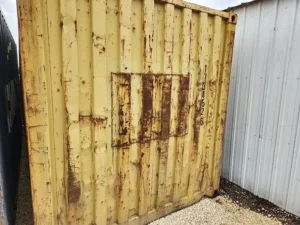
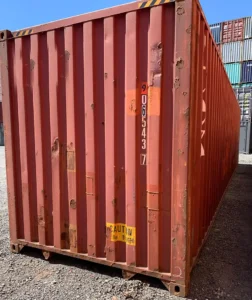
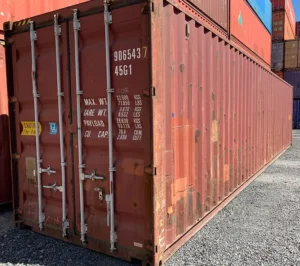
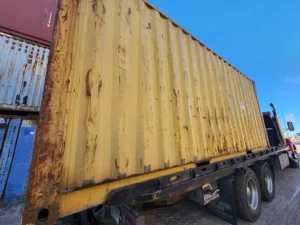
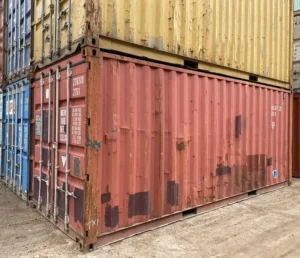
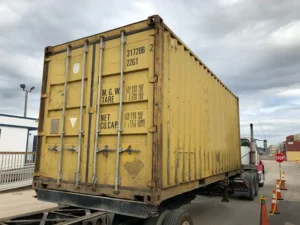
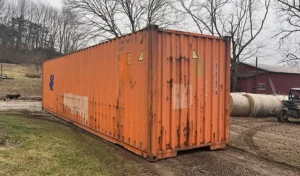
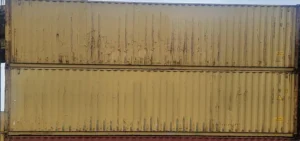
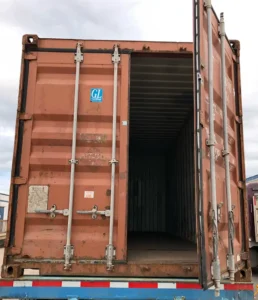
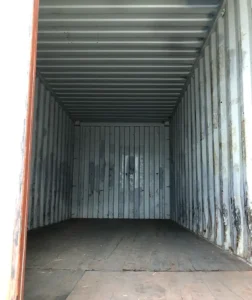
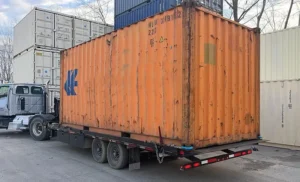
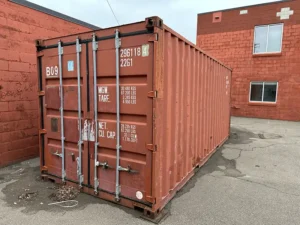
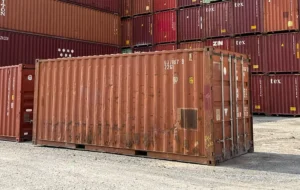
One Trip (Like New)
“Like New” or “One Trip” containers are generally within a year or two of their date of manufacture and are in excellent condition inside and out (containers are often bumped into one another during stacking, so even One Trip units will still have a few dings and dents).
While most One Trip containers have only taken one trip across an ocean on a container ship, the term “one tripper” is more of a reference to a “like new” container. A brand new container in North America would need to be custom built (usually for about triple the cost of a One Trip).
One Trip container pricing is more of a function of manufacturing cost than used container pricing (which is more about supply). So, customers will see a much smaller price gap between 20′ and 40′ used containers than they will for 20′ and 40′ One Trip containers.
